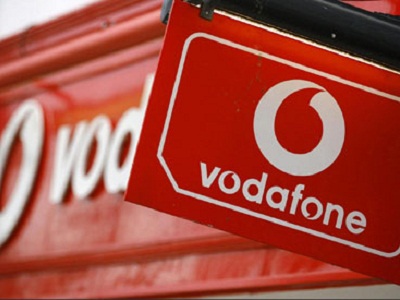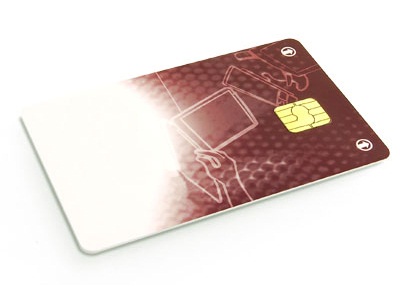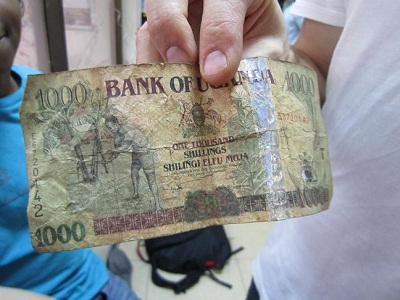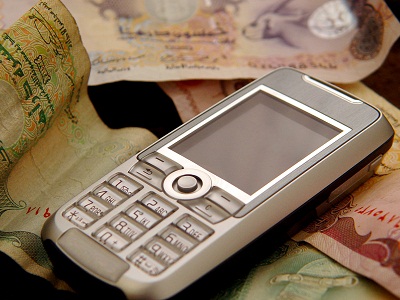The 35th Session of International Fund for Agriculture and Development (IFAD’s) Governing Council (GC) is currently underway with innovative use of social media for more inclusive, interactive and impact-oriented forum.
The 2-day event with the theme “Sustainable smallholder agriculture: feeding the world, protecting the planet” takes off officially on Wednesday at IFAD’s headquarters in Rome with side events such as Fourth global meeting of the Farmers’ Forum and Haiti post-earthquake support program for food security and employment generation in affectted areas taking place on Tuesday.
The meeting is expected to provide a platform for Member States, partners and the public to discuss and debate what needs to be done to enable smallholder farmers to contribute to raising food availability by 7% by 2050 that is required to feed a growing, more urbanized population.
To stimulate the conversation, IFAD’s strong team of social media reporters are on the ground to get you informed and get you involved. The social reporters will keep the outside world informed through blogs, tweets, posting interviews and pictures on the following IFAD social media channels.
- Twitter: http://www.twitter.com/ ifadnews
- Blog: http://ifad-un.blogspot.com/
- YouTube: http://www.youtube.com/user/IFADTV
- BlipTV: http://ifad.blip.tv
- Facebook: https://www.facebook.com/IFAD
- Slideshare: http://www.slideshare.net/ifad
Live tweets will be displayed on the twitter wall in the Plenary Hall, in the meeting rooms and in the atrium. Delegates are encouraged to share their ideas, views and insights via social media channels using #ifadgc hashtag.
The virtual audience can follow the proceedings and interact with the prominent guests and panelists on the above social media channels. Plenary sessions, high-level panels, center stage events and regional and other events taking place in the Plenary Hall and Oval Room will also be webcast respectively at the following urls:
To get more information on IFAD’s Governing Council, visit here.


 M-PESA Responds
M-PESA Responds










































